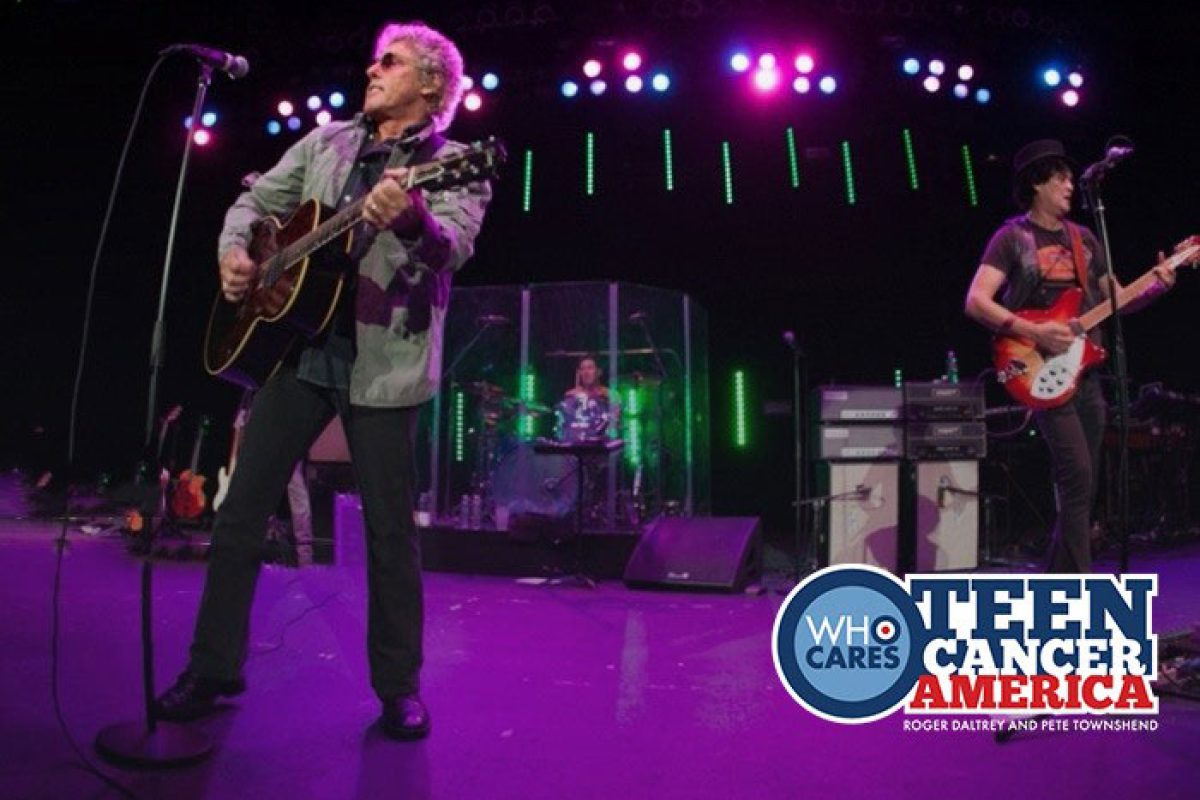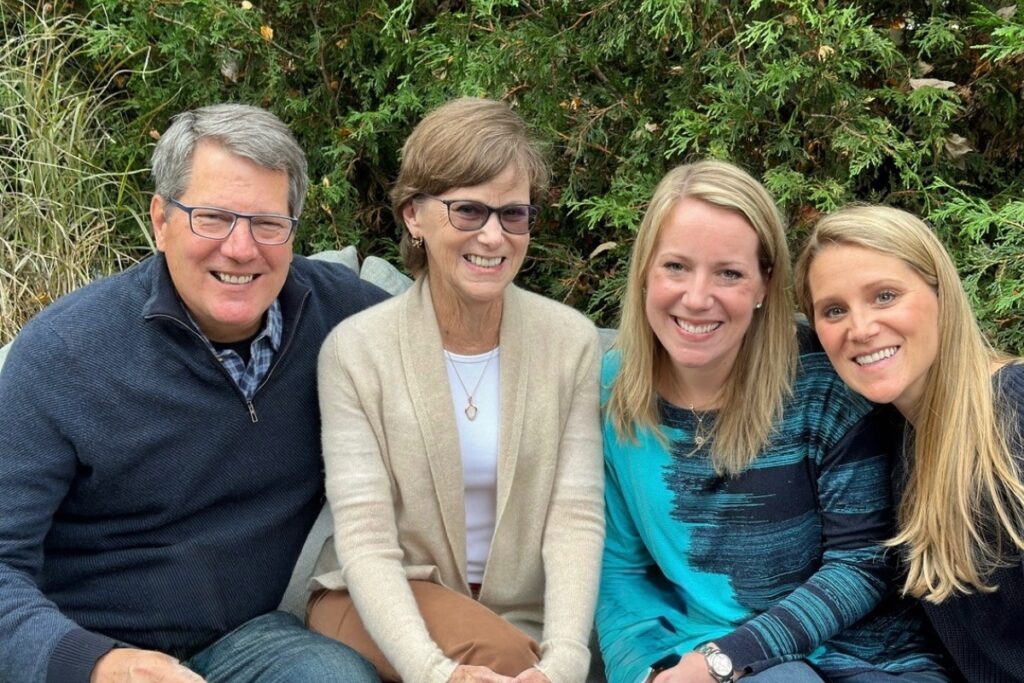Bridging the gap between pediatric and adult oncology care is paramount for Teen Cancer America, a charity designed to help hospitals and health care professionals achieve this goal.
Started by Roger Daltrey and Pete Townshend, founders of the rock band, The Who, Teen Cancer America replicates the work of a similar U.K.-based charity supporting hospital-based services for teens and young adults with cancer in the United States.
The organization recently awarded the University of Chicago Medicine’s Adolescent and Young Adult (AYA) Oncology Program $500,000 to fund a staff member focused on psychosocial care and to create a modern room for young adults to retreat to during their hospital stay.
“We’re really thrilled about this grant from Teen Cancer America,” said Tara Henderson, MD, MPH, associate professor of pediatrics and director of the Childhood, Adolescent and Young Adult Cancer Survivor Center. “These patients are at a time when they should be transitioning to college or out of college, or looking for jobs, so it’s really rough for them to be impacted by cancer. Our program provides them with resources to make things a little bit easier.”
Established in 2012, UChicago’s AYA program serves roughly 40 new patients with blood cancers a year by offering comprehensive care including physical therapy, fertility preservation approaches, psychosocial support, insurance assistance, help navigating the medical system, and a treatment regimen targeted to the young adult population with these diseases.
While the National Cancer Institute (NCI) estimates that nearly 70,000 young adults and adolescents between the ages of 15-39 are diagnosed with a form of cancer each year, many hospitals are not equipped to treat this age group who often experience unique medical roadblocks and psychosocial issues.
Teen Cancer America raises money by hosting Who-themed concerts. One such concert was held in May 2015 in Chicago, benefiting the UChicago’s AYA program. The concert was followed by an online auction of Eddie Vedder’s personal autographed electric guitar and a one-of-a-kind recording of Townshend performing “I’m One.” Vedder, lead singer of Pearl Jam, performed at the Teen Cancer America concert in Chicago, along with Pete Townshend and other Rock n’ Roll icons including Joe Walsh of The Eagles, Rick Nielsen of Cheap Trick, and Joan Jett of The Runaways, and Joan Jett & the Blackhearts.
For Michael Clifford, 24, of Glen Ellyn, Illinois, who was diagnosed with acute lymphoblastic leukemia (ALL), the most common type of childhood cancer, the resources of the AYA program and the efforts of the team are what make being a patient in the program so valuable.
“I love the care here,” he said. “It feels like family. Everybody knows me by my first name and that was probably after the first visit. I was not just a patient.”
Michael, who is looking forward to returning to work as a salesman soon, visits the program about once a week now, but will start to taper to every two weeks soon.
“I’ll miss everyone, so it’s bittersweet,” he said.
After Richard Wahlgren was diagnosed with the same form of leukemia as Clifford, he was informed that he was too old to be treated at his local hospital’s pediatric oncology program in South Bend, Indiana. So the 33-year-old was referred to the AYA program.
“I’ve had a psychologist added to my team and a physical therapist, which was helpful because I had numbness in my feet and she would offer tips on different stretches,” he said. “And there’s always someone to talk to about this and that, and the doctors always call you back.”
A number of years ago, Wendy Stock, MD, the Anjuli Seth Nayak Professor in Leukemia, and colleagues made the observation that older adolescents and young adults with ALL up to the age of 21 had significantly better outcomes when they received treatment administered by pediatric hematologists using intensive pediatric regimens. Subsequently, Stock was able to lead a national trial in the NCI-sponsored adult cooperative groups testing a pediatric regimen for young adults up to the age of 40 years with ALL.
The results of this, and other trials, demonstrated that the use of a pediatric regimen in young adults with ALL was both feasible and effective at significantly improving survival rates compared to previous trials for adults with ALL.
“By bringing together adult and pediatric hematologists/oncologists, patients not only receive state of the art care, but also receive the supportive care that is crucial to the successful treatment outcomes that we are striving for and that is often a particular challenge for young adults,” said Stock. “Together we work for the betterment of outcomes in every respect for young adults with lymphoma.”




